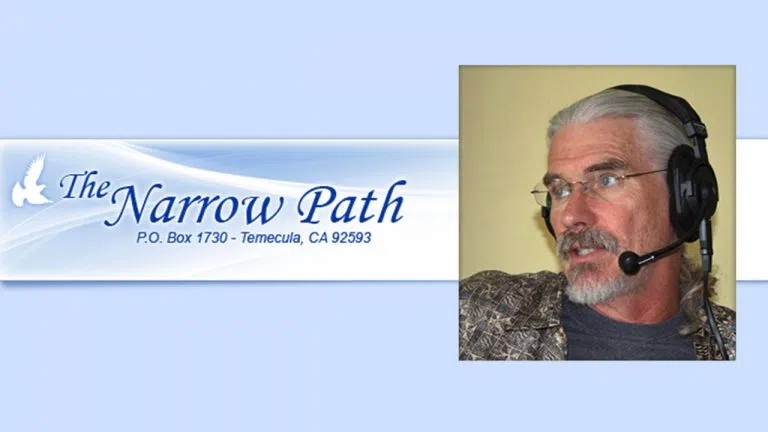In the Commercial Property arena, there is a little known tool called a ‘Deduct Water Meter’ (or Sub-Meter), that can save property owners lots of money in the right circumstances.
We all know that standard water meters measure the amount of water that enters the property, delivered by the water utility at the street. This meter will usually measure the water in hundreds of Cubic Feet or CCF. (100 cubic ft of water = 748 gallons). In most commercial applications, there is a base charge (30, 60 or 90 days) for water and sewer, and then an additional charge for water and for sewer, for each 100 cubic feet of water delivered to the property. The catch is; all the water that enters your property through the water meter may not leave your property by the sewer system.
Sewer usage is not metered separately. Utilities estimate sewer charges based on metered water usage; typically a fixed percentage of your monthly usage, or your average winter water usage (a period when you’re less likely to use water that will bypass the sewer system). If your property has a significant amount of water that is delivered to the property but it does not leave your property (like irrigation) or it leaves without using the sewer system, it may be worth your while to measure that water so it can be ‘deducted’ from your sewer bill.
Examples of this kind of water would be;
- Landscape irrigation water.
- Swimming pool and wading pool water.
- Cooling Tower water.
- Water Cooled Ice Machines and Water Cooled Walk-in refrigerators or freezers. (These are generally older units, and should really be replaced with air-cooled equipment as soon as budgets allow. The savings can be as much as $1000 a year)
- Water delivered to ships, planes or trains.
- Water used in manufacturing goods or products or processing (such as washing water, dry-cleaning, baking, ice, etc.)
Another form of water usage that could impact sewer rates is a water leak. So, it makes sense to be mindful of, and repair leaky plumbing. Otherwise, you’re paying double for wasted water. And, many municipalities offer incentives to help replace inefficient equipment or upgrade older systems, including commercial irrigation, cooling refrigeration, commercial laundry, and many industrial process. Seattle for instance will pay up to 50% for some of these upgrades if they qualify.
It is important though to check first with your utility to see…
- If they allow Deduct Meters.
- What specific meters they approve of.
- How they want them installed and permitted.
Sometimes the installations are very simple, but sometimes they are a bit complicated and the utilities require meters that can be read remotely by radio signal. So again, make sure your application will comply with their requirements, guidelines, permits and inspections before proceeding. Getting help from a Licensed Plumbing Contractor who is experienced with this equipment and with the utilities’ different rules and laws can be a big help.
Finally, another kind of ‘Deduct Meter’ that we install from time to time is usually on commercial tenants, in situations like a ‘strip mall’. Sometimes, a tenant may insist that they are paying more than their ‘fair share’, and so to settle all doubts, we install an individual water meter on each tenant’s supply line, as it tees off the main line that supplies the building or individual units within a building. Just knowing that water usage is metered individually may create an incentive for a tenant to fix a leak, dripping faucet, or running toilet.
In these cases the utility is not involved or concerned, and it’s simply done to satisfy the owner’s and the tenants needs. These meters can be anything from very simply ones like the ones used at the street by the utilities, to ones that can be read remotely so that reading them can be done quickly, without entering the tenant’s space.
Regardless of the situation, a ‘Deduct Meter’ or Sub-Meter is something that you and your plumber should know about and consider for your properties. It is to our benefit to be aware of all the incentives currently available for upgrading our properties; incentives that may enable us to lower our utility costs, obtain rebates, save water and energy, and improve how we are helping and protecting our environment.
Bruce Davis Sr.
Licensed Journeyman Plumber
Licensed Electrician, HVAC/R
Electrical Administrator, HVAC/R
Certified WA State C.E.U. Instructor











